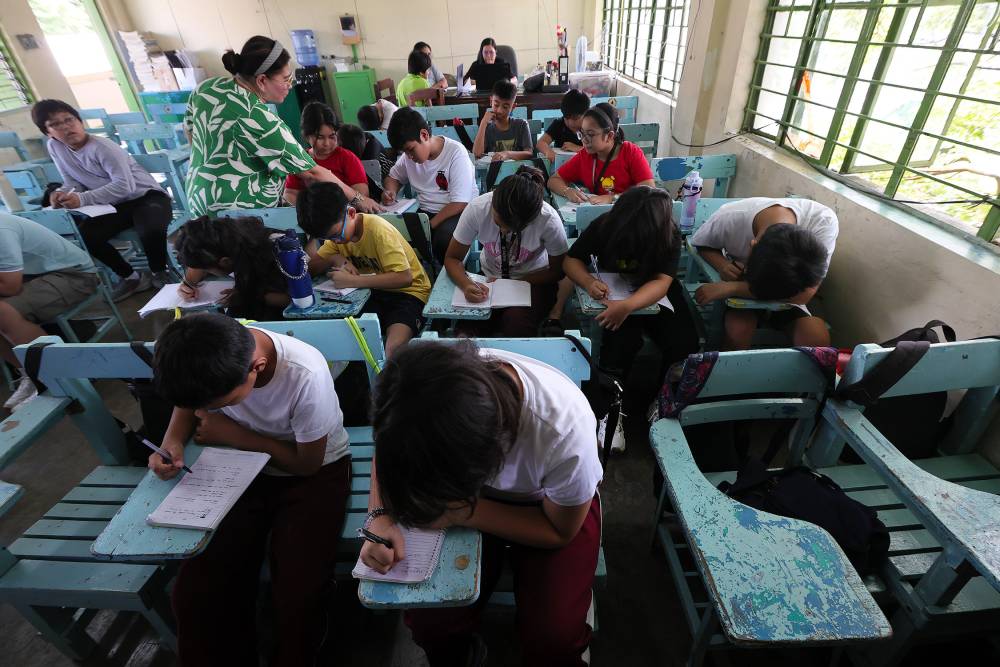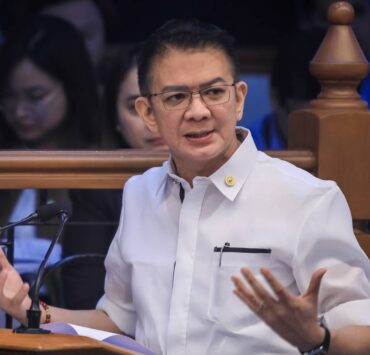House approves landmark bills boosting access to education

The House of Representatives has approved on third and final reading two landmark education measures aimed at closing the country’s widening education gap by improving access for students in underserved and marginalized communities.
House Bills No. 4744 (Private Basic Education Voucher Program) and 4755 (Last-Mile School Act) were both passed with over 280 votes in favor during Monday’s plenary session, the last held by lawmakers before a monthlong break.
The first measure, principally authored by Representatives Roman Romulo (Pasig) and Jude Acidre (Tingog), would institutionalize a Private Basic Education Voucher Program covering kindergarten to senior high school students.
Financial aid
HB 4744 is part of President Marcos’ list of priority legislation measures and seeks to expand government financial aid to learners from middle and low-income families who study in congested public schools or live in areas without nearby public institutions.
Under the 19th Congress, the House passed another version of this bill on third reading in January, but nothing came out of it as the Senate failed to pass its own version.
HB 4744 also creates the Bureau of Private Education under the Department of Education (DepEd), which will be tasked to supervise all private basic education institutions and administer government assistance and subsidies.
The measure essentially repeals outdated provisions of the Expanded Government Assistance to Students and Teachers in Private Education Act (Republic Act No. 8545) to broaden the scope of support programs for both students and teachers.
During deliberations on the measure, Romulo—who also heads the House committee on basic education—said the bill would empower parents to choose the best schools for their children.
No one left behind
On the other hand, HB 4755 institutionalizes the government’s initiative to build public basic education schools in geographically isolated, disadvantaged and conflict-affected areas.
Under the bill, the DepEd will identify and establish Last Mile Schools and work with other agencies such as the Department of Public Works and Highways, Department of Energy, National Electrification Administration and Department of Information and Communications Technology to build roads and ensure electricity and internet connectivity in these areas.
The five-year program will prioritize schools with fewer than four classrooms, multigrade setups or student populations under 100—many of these in indigenous and remote communities.
The bill also mandates the DepEd to track learner outcomes in these schools and tailor teacher training and support programs to local needs.
“These measures are about making education truly accessible—whether through expanding opportunities in private schools or by bringing schools closer to our most remote communities,” Romulo said in a statement after the bills were passed. “Public and private schools are not competitors but partners in nation-building. Together, they ensure that all Filipinos have access to quality education.”

















